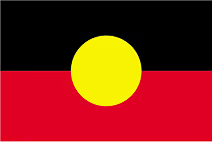Women's Health Week
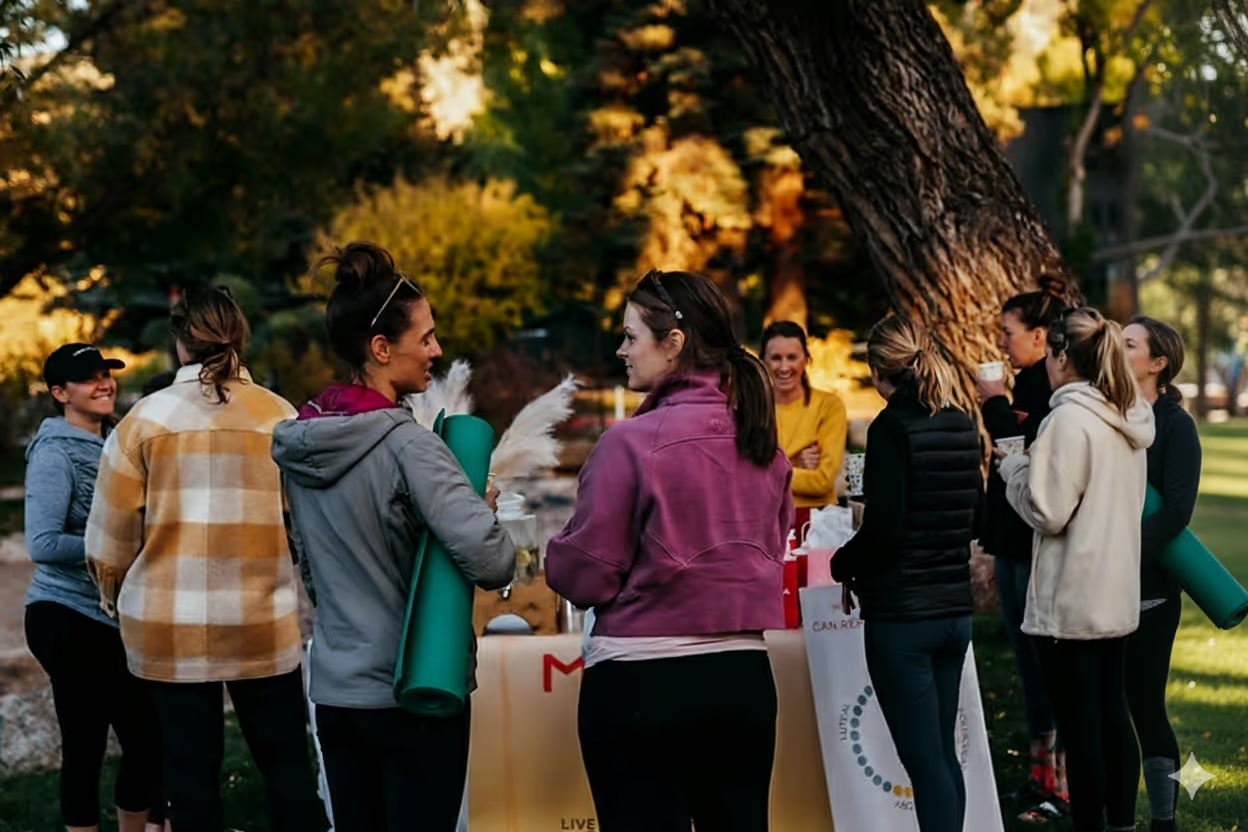
“Your Voice. Your Choice”
With this year’s Women’s Health Week theme ‘Your Voice, Your Choice’ - we spoke to Corporate Wellness Speaker and podcast host of ‘Not Drinking Today’, Isabella Ferguson and The Alcohol Mindset Coach Kathryn Elliott, to turn our attention to what often evades our awareness - our health, and address women’s relationship with alcohol today.
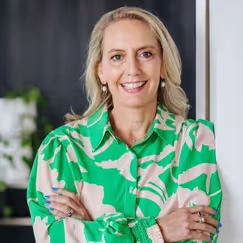
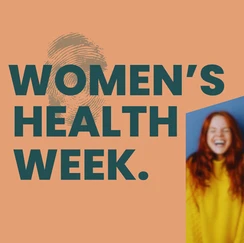
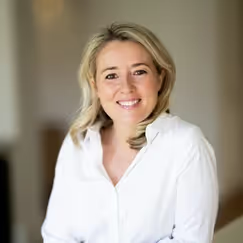
Two words. ‘Voice’ and ‘Choice’. Sometimes having words to reflect on can help to guide our decisions to forge a healthy path forward.
When it comes to ‘Our Voice’, across Australia and the world, women today are breaking through the cultural reticence and finding their voice. The voice also highlights the significance of listening to stories told. It’s so important sitting with other people’s words, including those with lived experience and allowing those voices to speak their truth without judgement.
‘Our Choice’ can mean facing fears and breaking through cultural barriers. It’s empowering to feel in control of our choices, particularly when it comes to healthy decisions around alcohol.
Facing Fears
Something that often stands in the way of women speaking up, or making healthy choices for themselves - is fear. Fear of being judged or shamed. For those who battle with alcohol and substance dependence, fear can embed itself in our inner voice, running riot in our minds and echoing ceaselessly. A hangover can make the inner voice intolerable with next-day cringes over things we did or said the night before.
Many women hesitate to admit—even privately—that they might have a dependence on alcohol. This reluctance makes it all the more admirable when someone finds the capacity for honesty - to acknowledge their struggle and take those crucial first steps toward seeking help.
‘Not Drinking Today’ podcast co-host and recovered lawyer, Isabella Ferguson, confronted her fears after what she admitted to “being stuck in a stress-drinking-burnout cycle”, and drinking to cope with work, parenting, and a growing dissatisfaction with how she was living.
“I was a litigation lawyer, a step-mum to two girls and mum to two young boys and drinking to get energy, to relax, to get to sleep, and to socialise. I was a functional drinker for years until I went to a treatment centre for support. For the very first time I had the space to objectively view my life and see that it was heading for a train wreck.”
As a lawyer and parent, Isabella straddled the complexities many working mothers face - the limitations of being in tune with your own identity as life accrues more and more responsibility to others, and leaves less time for yourself.
After treatment, Isabella now says that she approaches alcohol mindfully rather than habitually, and sees it as something that overall, only attracts negative impacts. Reflecting on the demands of women, she says; “Most women are time-poor and are spinning 101 plates in the air with competing demands vying for their attention. A glass or two of wine replaces a run or a walk with a mate. At the start, it’s an attractive quick fix. In reality though, drinking perpetuates an unhealthy cycle. As our tolerance grows, the more we drink, the more fatigued, stressed, unhappy and unhealthy we become.”
Today, Isabella uses her voice by acknowledging alcohol, stress and burnout.
“For me, my voice has been a crucial component of breaking my alcohol dependence. Starting a podcast about alcohol, sharing my story, and supporting others in my counselling practice have helped me to stop relying on alcohol. It has allowed me to feel purposeful, seen, heard and not alone in my pursuit to drink less.”
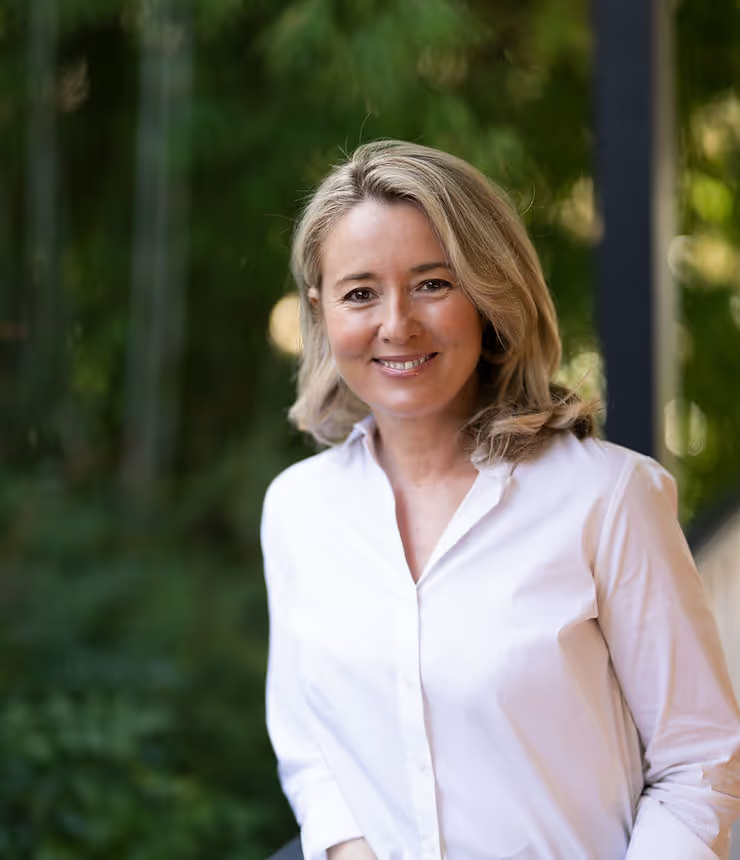
Reshaping Culture
Growing up as a teenager in the 80s, Alcohol Mindset Coach Kathryn Elliott, experienced regular binge drinking. In fact, most Australians who grew up in this era will recognise drinking alcohol with their mates on weekends as familiar terrain. It was accepted as a rite of passage, and now—those in their 40s and 50s are seeking to break these deeply ingrained habits.
Kathryn says that shifting these long-formed drinking habits can take up to 12 months for women in their 40s and 50s, and the change involves focusing on neuroplasticity - and rewiring the brain - which requires time and repetition. Kathryn believes that if people can find a meaningful reason to reprogram their neural pathways, that will allow new responses around drinking to form.
Kathryn's last drink was on June 30, 2019, and she admits it took about a year to completely change her perspective on alcohol. Shortly after, she was diagnosed with breast cancer, which only made her more determined to stay sober.
Kathryn openly addresses the science linking alcohol to breast cancer and today uses her voice to raise awareness about the indisputable evidence-based research connecting the two. If you’re a woman seeking facts about the carcinogenic impacts of alcohol on the body, Kathryn has a staggering scope of stats that she is more than eager to share.
She says; “Women are affected by alcohol differently to men. We have less of the enzyme alcohol dehydroganese, called alcohol D, that breaks down alcohol, which means we absorb about 30% more alcohol into the bloodstream than a man of around the same weight.”
“We also have more body fat. Men have a higher water percentage, so they're able to dilute the alcohol in their bodies. And then women who go through hormonal changes like perimenopause, will also notice exacerbated symptoms and less alcohol tolerance.”
Kathryn is proud to use her voice on women’s health in her coaching work and as an advocate for those who are living with breast cancer or struggling with alcohol.
“I stopped drinking at the age of 46 and I'm about to turn 52 later this month. What I will say is that choosing an alcohol-free lifestyle for me has been so incredibly freeing. And it was something that I didn't believe was possible for me in my 40’s.”
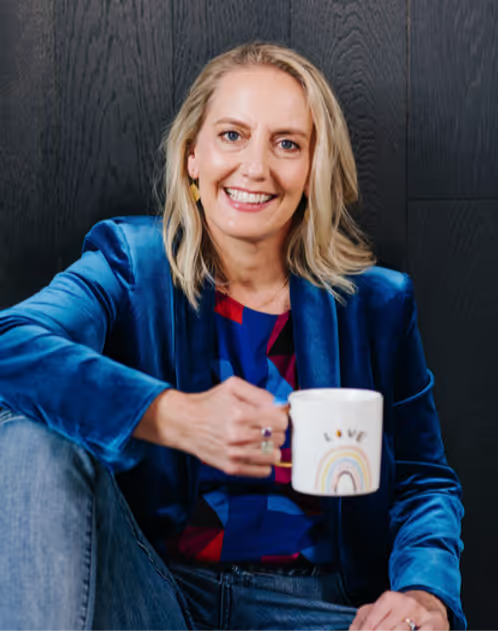
The Company We Seek
Women seek belonging and connection and their lives are often characterised by conversations with family, friendships, and other relationships, which are all integral parts of our health and wellness.
In the same vein, sometimes the greatest liberation is not having to be in the company of other people dependent on substances. Often, you realise your personalities don't truly align. You're merely there for the social connection that alcohol facilitates.
Kathryn says; “I think my friendships with people since I've stopped drinking have become a lot more connected. With my friends who are drinkers, it took some time to realign and work out where our friendships were at - but I've managed to feel really comfortable now with those relationships. Yes, they've changed, but there's acceptance and no judgement either.”
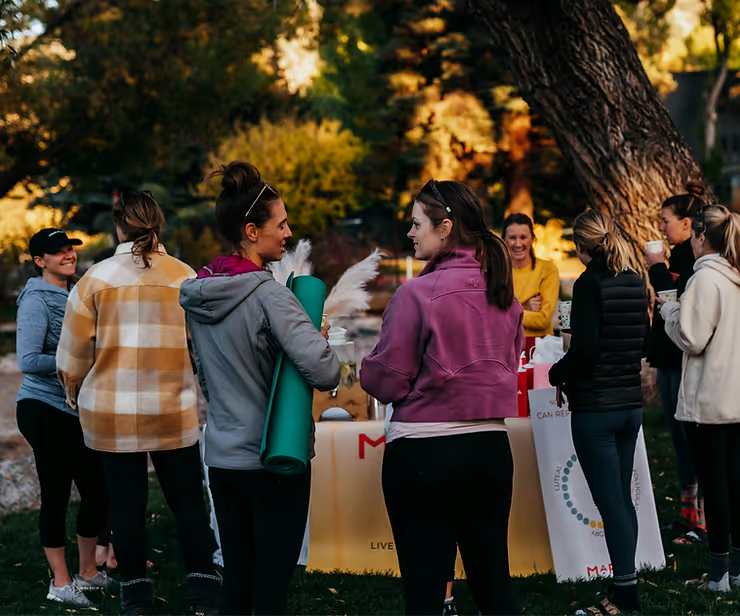
Embrace Change
Embracing change for both Isabella and Kathryn has proven to alter their lives for the better and using their voices has empowered others. Both women are passionate about the science behind alcohol and are also extremely empathetic, with an insistence that each of us is worth more than the worst thing we’ve done.
Kathryn has just returned from delivering a presentation at the Melbourne Exhibition Centre for Women’s Health Week when we speak and I ask her how she is feeling these days.
“Well it’s five years since diagnosis and yeah, I'm doing really well. My health is really good, which is fantastic.”
Where Kathryn is today has not been an easy journey but a worthwhile one. She says that “..it has come through a lived experience of going through both breast cancer and binge drinking and publicly talking about it.” and admits - that’s hard to do.
For those thinking about change, Isabella suggests; ”Start by taking a bird’s eye view of your weekly routine and ask yourself some questions that bring awareness to your situation for changes to be made.”
She recommends women take a few moments to turn the lens on themselves and ask:
- Does my alcohol consumption have a role in how unhealthy and unhappy I am feeling?
- Am I using alcohol to cope with stress?
- Is drinking harming me more than helping me?
- What do I actually need and want?
- Can I swap drinking with another way of de-stressing, such as exercise?
Knowing that the answers are both common and impermanent may help in your journey forward.

History demonstrates that when we make thoughtful choices, speak up, and raise our voices, change occurs gradually. Women are elected into government, outdated patterns and belief systems change, habits of life can get smaller and shrink - and become a point of history in your own story.
This week, commit to healthier choices, embrace your authentic self, and find the courage to raise your voice. This is where true empowerment begins, where we can transform our lives and inspire others to do the same.
- Follow more info here: https://www.jeanhailes.org.au/womens-health-week
- Clean Slate Clinic Podcast with Isabella here: https://www.cleanslateclinic.com/not-drinking-alcohol-today
- Kathryn’s Alcohol Mindset Coaching website here: https://www.thealcoholmindsetcoach.com/



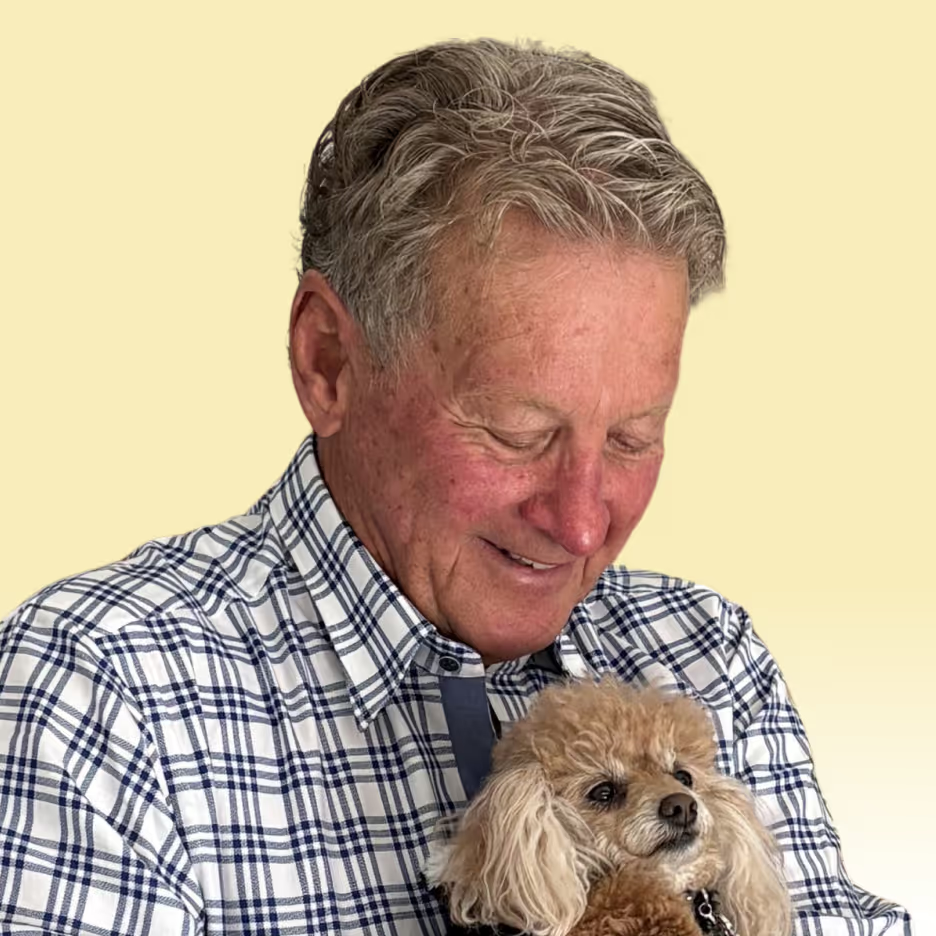
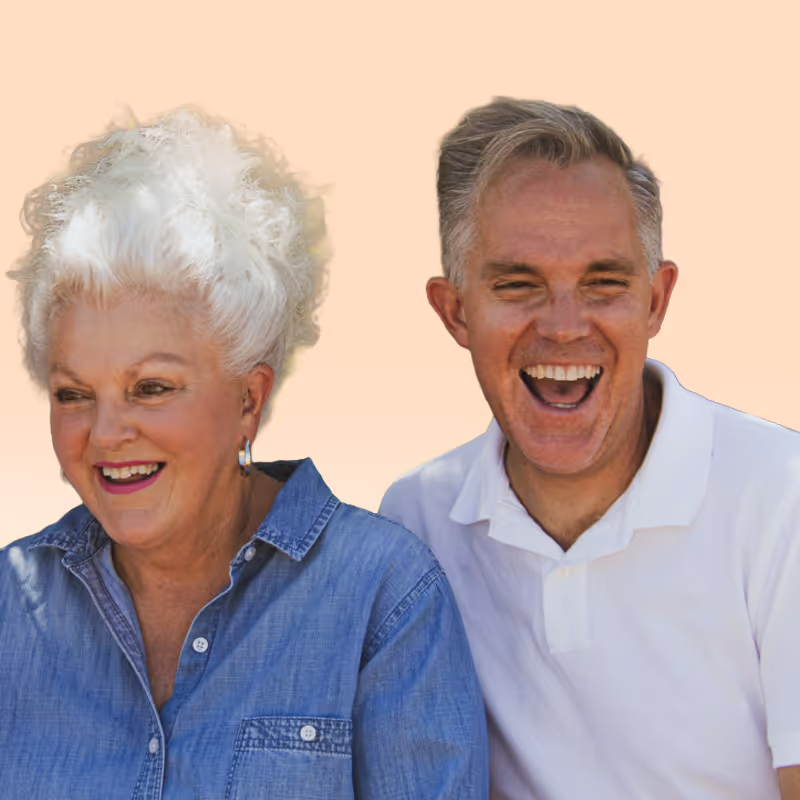
Ready to get started?

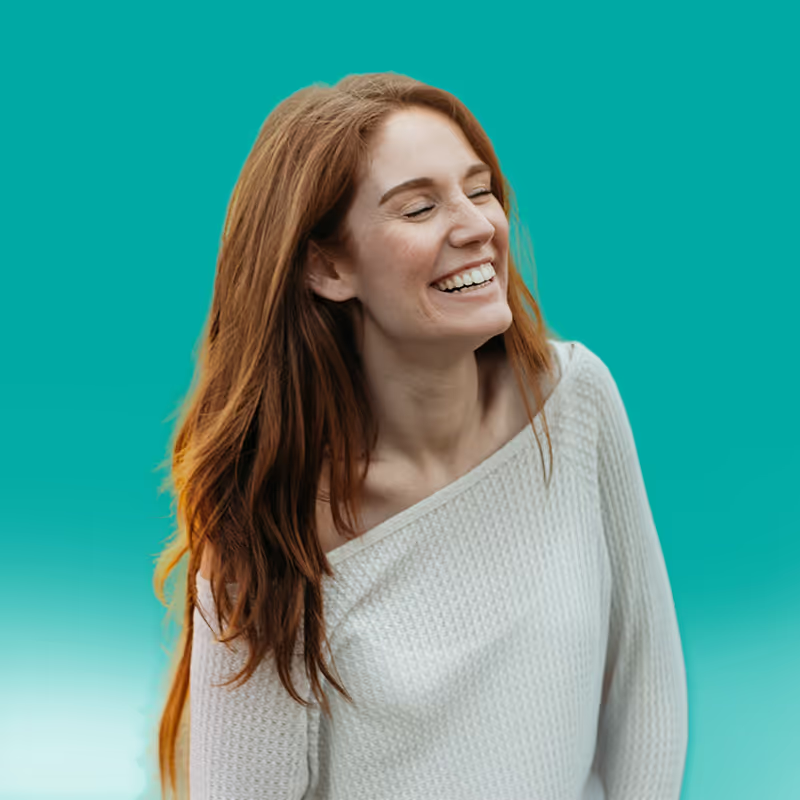
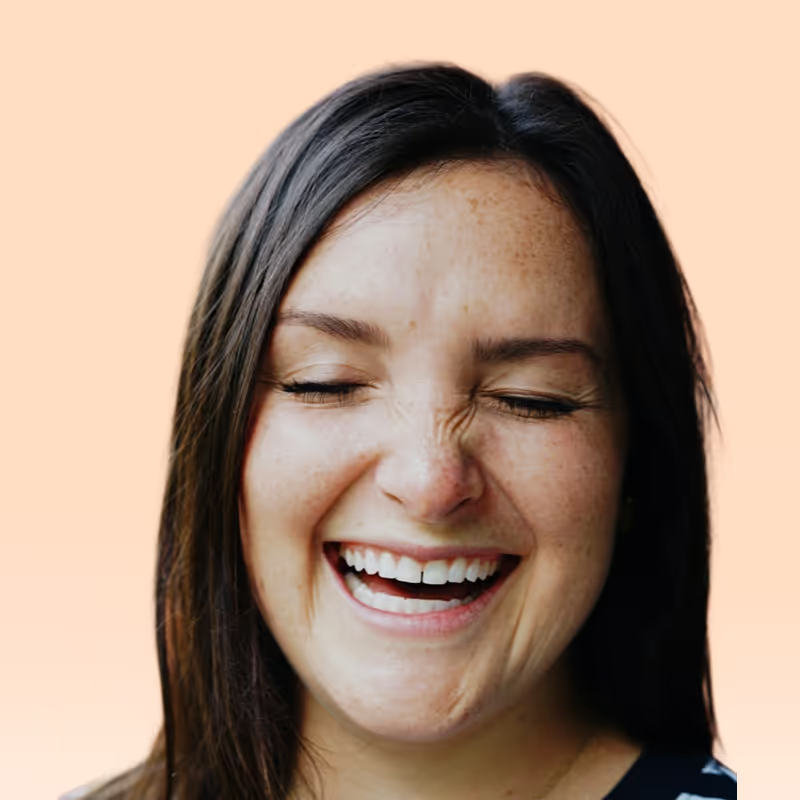

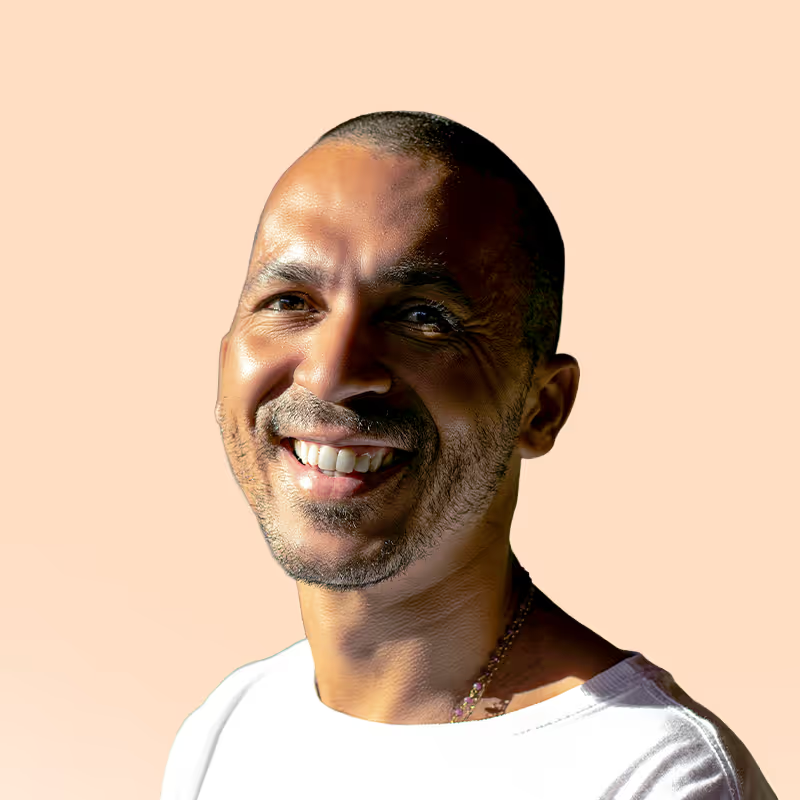
.png)


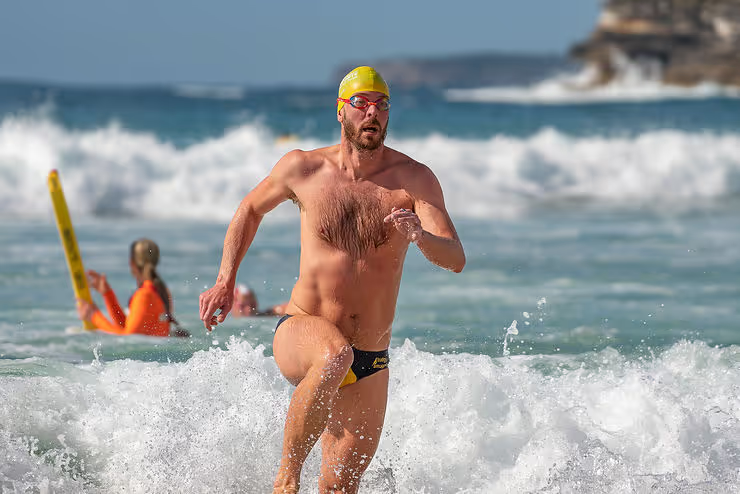

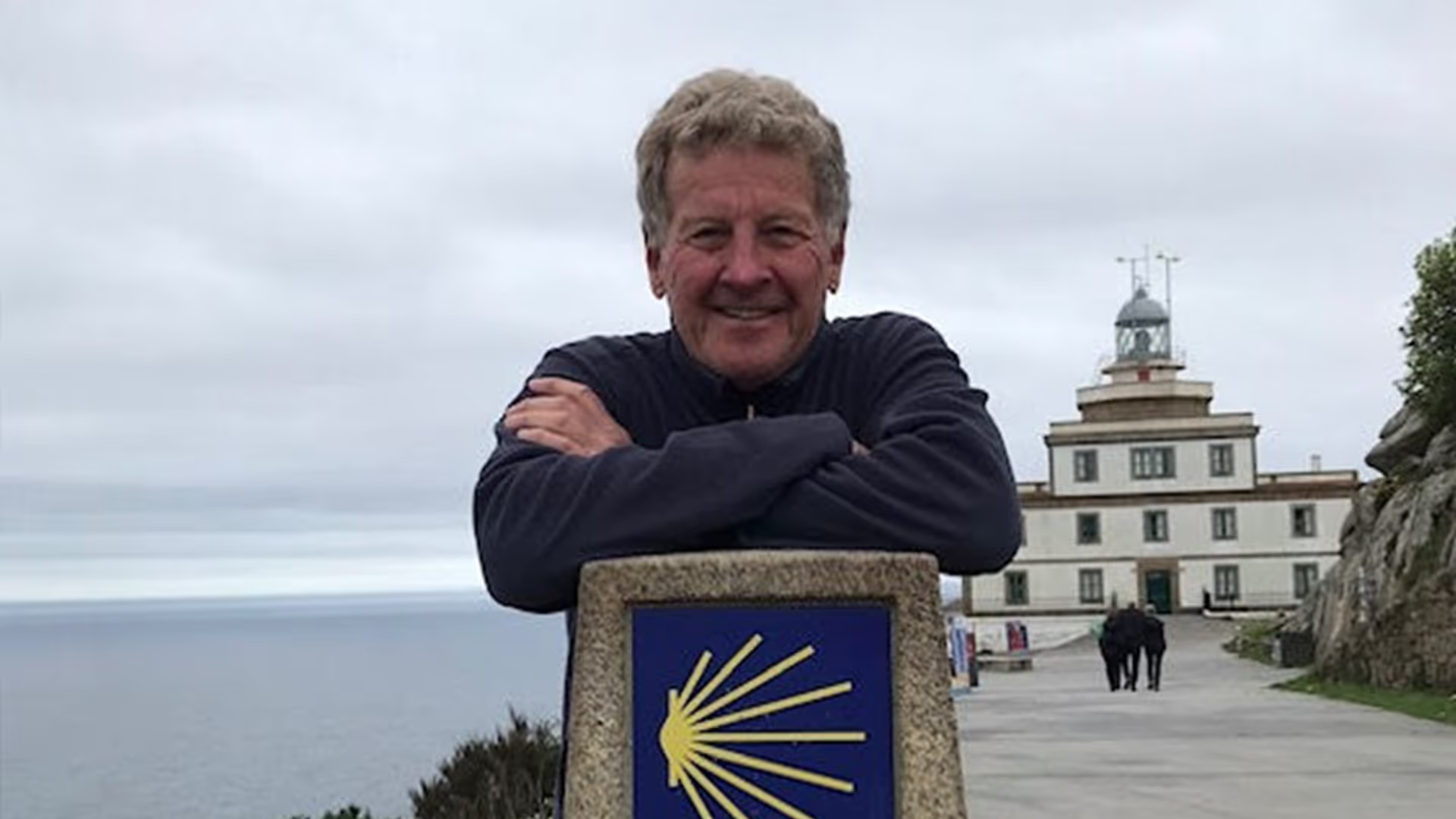


.avif)
